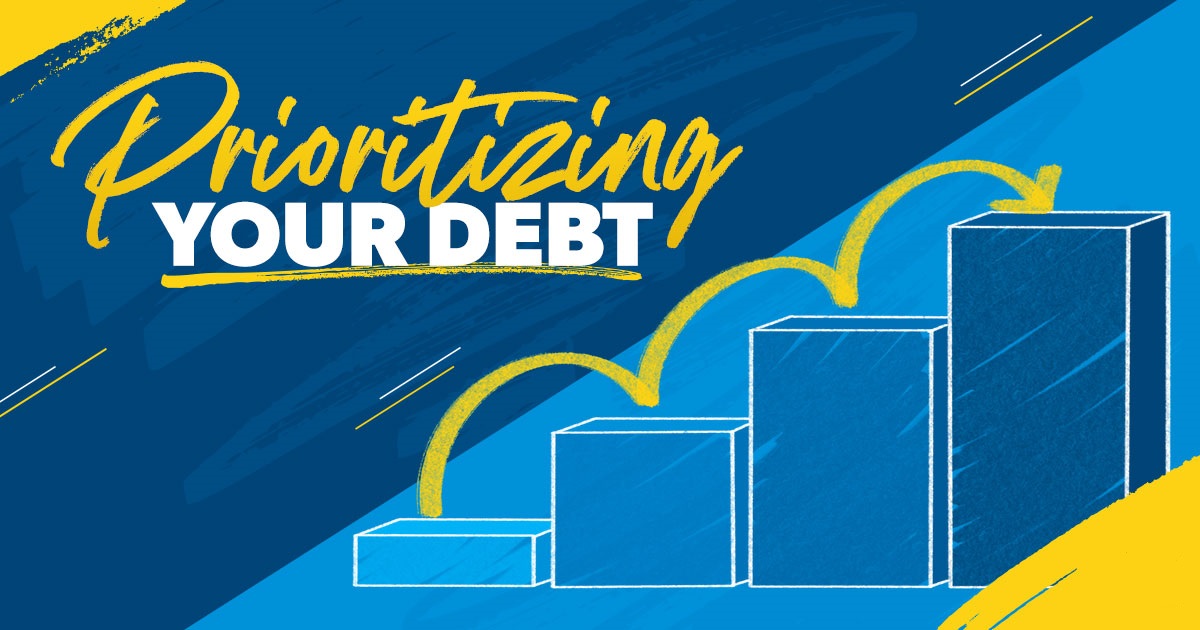
Debt can feel overwhelming, but with a strategic approach, you can manage and repay it effectively. Prioritizing debt repayment not only alleviates financial stress but also helps improve your credit score. Here’s a step-by-step guide to help you prioritize debt repayment and maximize your credit score.
1. Assess Your Financial Situation
Start by taking a comprehensive look at your finances. List all your debts, including credit cards, personal loans, student loans, and any other liabilities. Include the balance, interest rate, and minimum monthly payment for each. This will give you a clear picture of where you stand and help you create a realistic repayment plan.
2. Create a Budget
A well-structured budget is crucial for effective debt repayment. Track your monthly income and expenses to see where you can cut costs and allocate more funds towards debt repayment. Ensure that your budget covers essential expenses like rent, utilities, groceries, and transportation before allocating money for debt.
3. Identify High-Interest Debt
High-interest debt, such as credit card debt, should be your top priority. These debts accrue interest quickly, increasing the amount you owe over time. By focusing on high-interest debt first, you minimize the overall interest you’ll pay, saving money in the long run.
4. Choose a Repayment Strategy
There are two popular debt repayment strategies: the Avalanche Method and the Snowball Method.
- Avalanche Method: Focus on paying off debts with the highest interest rates first while making minimum payments on others. Once the highest-interest debt is paid off, move to the next highest, and so on. This method saves you the most money on interest.
- Snowball Method: Focus on paying off the smallest debts first while making minimum payments on larger ones. Once a small debt is paid off, move to the next smallest. This method provides psychological motivation by allowing you to see progress quickly.
Choose the strategy that best fits your personality and financial situation.
5. Make More Than the Minimum Payment
Paying only the minimum amount due each month can prolong your debt repayment and increase the interest you pay over time. Whenever possible, pay more than the minimum. This reduces the principal balance faster, lowering the amount of interest you’ll accrue.
6. Automate Payments
Automating your payments ensures you never miss a due date, which is crucial for maintaining and improving your credit score. Late payments can significantly impact your score, so set up automatic payments for at least the minimum amount due.
7. Negotiate Lower Interest Rates
Sometimes, lenders are willing to lower your interest rate if you ask. This is especially true if you have a good payment history or if your credit score has improved since you opened the account. A lower interest rate can save you money and help you pay off debt faster.
8. Consolidate Your Debt
If you have multiple high-interest debts, consider consolidating them into a single loan with a lower interest rate. This simplifies your payments and can reduce the amount of interest you pay, making it easier to manage and repay your debt.
9. Monitor Your Credit Report
Regularly review your credit report to ensure accuracy and track your progress. Dispute any errors you find, as inaccuracies can harm your credit score. Monitoring your report also helps you stay motivated as you see your score improve.
10. Seek Professional Help if Needed
If your debt feels unmanageable, consider seeking help from a credit counselor or a financial advisor. They can provide personalized advice and help you create a debt repayment plan tailored to your situation.
Conclusion
Prioritizing debt repayment is essential for financial stability and improving your credit score. By assessing your financial situation, creating a budget, and choosing the right repayment strategy, you can effectively manage and pay off your debt. Remember, consistency and discipline are key. Stay focused on your goals, and over time, you’ll see significant improvements in your credit score and overall financial health.
